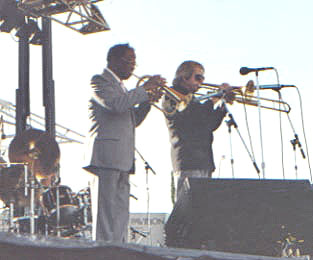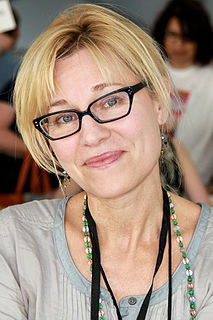A Quote by Haruki Murakami
A fortunate author can write maybe twelve novels in his lifetime.
Related Quotes
I think overtly political novels - those that never transcend or contest their author's conscious intentions and prejudices - are problematic. This is not just true of the innumerable unread books in the socialist realist tradition, but also of novels that carry the burden of conservative ideologies, like Guerrillas, Naipaul's worst book, where the author's disgust for a certain kind of black activist and white liberal is overpowering.
The author with the greatest influence on me is my friend Stephen Harrigan, who critiques everything I write before I even bother to show it to my agent or editor. He's a truly great writer - author of Gates of the Alamo and other books you might know of, and his instincts about what's working in a story, and what's not, are just about perfect. My books would be very different without his influence.



































